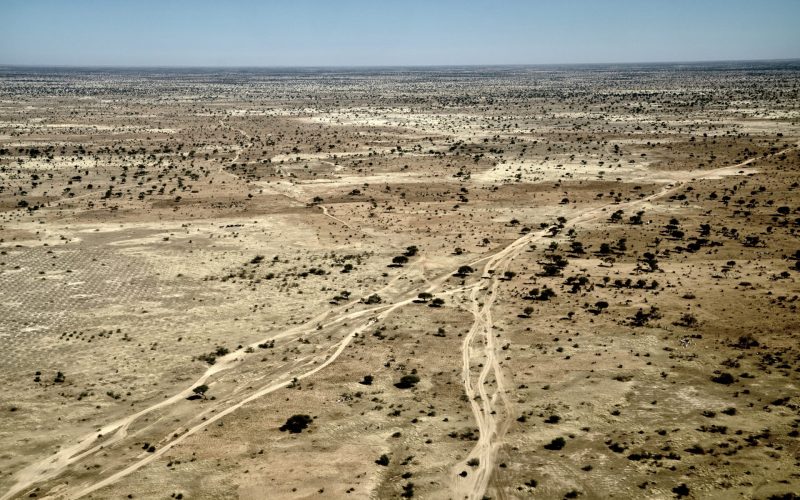The foiled coup attempt in Equatorial Guinea in March 2004 provided an urgent reminder of the destabilising consequences when two of Africa’s most troubling unsolved problems intersect: poor governance and the platoons of former soldiers and guerrilla fighters left scattered and idling across the continent’s former battlefields. The one creates a job market for the opportunistic other.
‘I used to command these guys,’ said Johann Smith, a former South African Defense Force commander, referring to the 80 suspected mercenaries now awaiting trial in Equatorial Guinea and Zimbabwe, where many were arrested allegedly en route to topple the government of President Obiang Nguema. ‘There are 2,500 to 3,000 of them in South Africa. This will definitely happen again, given their current economic realities. One former soldier lamented that he had missed the Equatorial Guinea “recruitment drive” by 30 minutes.’
Just how many ex-combatants are at loose ends in Africa is probably impossible to know. Certainly tens of thousands, given the number of conflicts raging or waning across the continent. At the height of the recent war in the Democratic Republic of Congo, for example, some 21 formal and rebel armies were entangled in just that one splintered conflict. Few jobs awaited those soldiers when the peace accords were signed. Few know how to do anything else.
But with conflicts drawing to a close in several African countries, a new recruitment base for mercenaries is emerging. The World Bank has allocated $500 million for disarmament, demobilisation and reintegration programmes in Africa’s Great Lakes region. Millions of dollars had been spent on demobilising armies, but several studies have nonetheless shown that making contented civilians out of unskilled former soldiers in plodding economies is frustrating work.
Namibia, Mozambique and South Africa, all stable after prolonged conflicts, have successfully built new national armies out of former warring factions. But their societies fester with former cadres who lack the skills to build meaningful lives beyond the bush and barracks. A 2001 report by the Institute for Security Studies in Pretoria, South Africa, indicated that 37% of ex-combatants – from both sides of the apartheid divide – were unemployed.
Some turn to crime, many analysts suspect. Others find new ways to practice the old profession.
When Zimbabwean security forces surrounded an unmarked aircraft at Harare airport in March 2004 and arrested its passengers for allegedly plotting mercenary activities, many observers quickly concluded that they were remnants of southern Africa’s erstwhile racist security forces up to their old tricks again. They were right – up to a point.
As the facts unfolded, it turned out that most of those detained were black former soldiers in the apartheid South African Defense Force. Many served in the 32 Battalion, an infamous former South African unit known for its shadowy brutality in the latter years of Pretoria’s wars of regional destabilisation. Although many of them were Namibia, Angolan and Congolese, they were given South African citizenship after being demobilised.
The Equatorial Guinea affair highlights weaknesses in national and continental legal provisions for curbing mercenary activity in Africa. The African Union, for example, has not reviewed the Convention for the Elimination of Mercenarism in Africa – a document produced by its predecessor, the Organisation of African Unity, in 1977. Six years ago, South Africa hastily drafted the 1998 Regulation of Foreign Military Assistance Act. The legislation resulted in shutting down Executive Outcomes, a private company offering military services in far-flung African countries. But critics charge it failed to sufficiently tighten the legal environment in which mercenaries operate.
As the nature of conflict changes dramatically and rapidly in the post-Cold War global arena, private military activity is on the rise. The challenge, argued Michael Grunberg of Sandline International, a Bahamas-based security company, is to create a legal framework that enables private armies to function constructively while preventing mercenary activity.
‘In Iraq, there are currently 10,000 expatriate private military personnel,’ Grunberg said. ‘As the level of foreign investments in Africa is growing, so is the need for security. Similarly, an increased level of security is conducive to investment and growth.’








